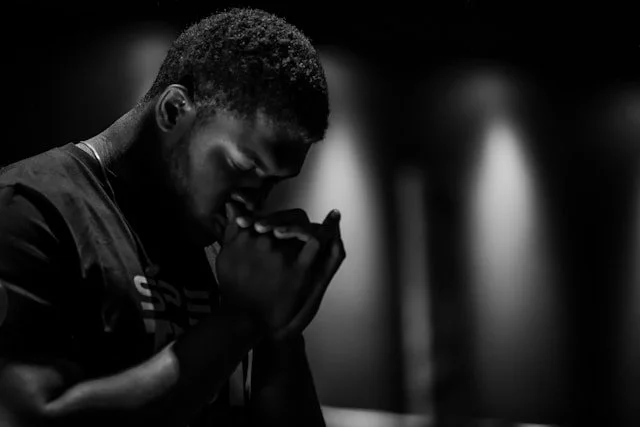1. Why Was Jesus Crucified? Have you ever wondered why God ordained that Jesus would die by means of crucifixion? Here is a thoughtful answer by JA Medders. His four answers are that it was because of the shame of crucifixion, because of the criminal and legal ramifications, because of the public nature of crucifixion and because deaths were certified by Rome in crucifixion. It’s well worth the read.
2. Scholars Now Believe Job’s Friends Were First-Year Seminary Students: This satirical piece from Babylon Bee had me laughing out loud. “Scholars analyzed the level of annoyingness of the speech patterns of Job's friends and compared it with someone who just started studying the Bible, theology, Greek, and Hebrew.”
3. Faithful in Obscurity: Barbara Lee Harper asks us to identify who Bartholomew, James the son of Alphaeus and Thaddaeus, and Simon the Zealot were (do you know?). She then makes this admonition, “Don’t fret over whether your work seems “important.” Faithfully do what God has called you to do, for His honor and glory.”
4. Cohabitation Among Evangelicals: A New Norm? A discouraging report by David Ayers at the Institute for Family Studies. He says that, “cohabitation is a “new norm among young, professing evangelicals.” It is stunning that this has quietly come to pass among adherents to a form of Christianity that emphasizes radical obedience to an inerrant Bible, forbids all sex outside marriage, and emphasizes being distinct from ‘the world.’”
5. Weird Al Yankovic’s Weirdly Enduring Appeal: This is one of my favorite podcast episodes of 2021 (you probably need to already appreciate Weird Al to truly enjoy it, though). Sam Anderson claims Weird Al Yankovic is not just a parody singer — he’s “a full-on rock star, a legitimate performance monster and a spiritual technician doing important work down in the engine room of the American soul.” I loved learning more about Weird Al’s backstory.














